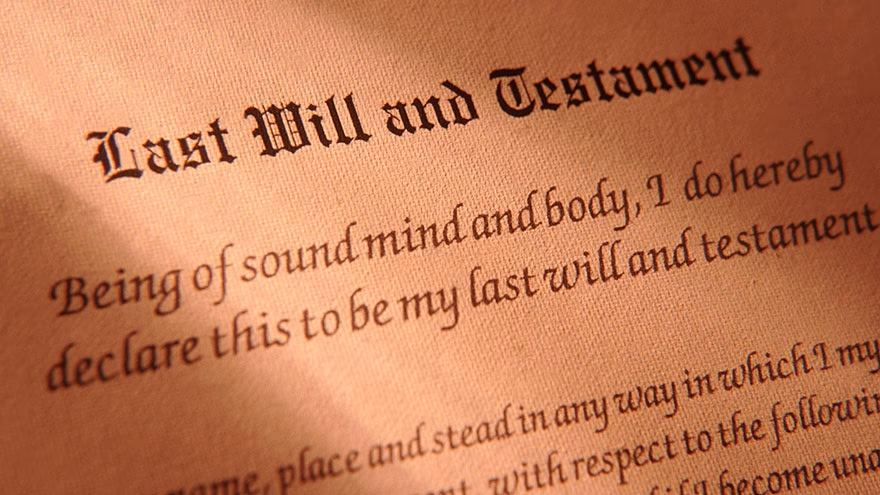
Probate
When a person dies, all of that person's property is gathered together to comprise the person's "estate." If the person had a will, the property will be distributed according to the terms of the will. This process is called probate.
Probate Effects
Probate can be a slow, time-consuming and expensive process, particularly if a friend or family member is left out of the will. Because of the hassle, it often makes sense to try to avoid probate.
Trusts
Trusts are one of the best ways to avoid probate. When a person is still alive, they can create a living trust and transfer property to the trust. The trust owns the property and survives even when creator dies, which means the property in the trust does not have to go through probate.
Pour-over Wills
Trusts and wills can also work together, typically through the use of a living trust and a pour-over will. A living trust is created while the person is still alive, and then the person's will directs that any remaining property in their estate should "pour over" to the trust.Again, this can significantly reduce the hassle of probate.
State Laws
Trusts and the probate process are both governed by state laws. This means the rules can vary from one state to another. An estate planning attorney in your jurisdiction can help with the creation of these documents.
You Might Also Like :: What Happens in Probate Court?
Save for later
Found this helpful?
Pin this article to your Pinterest board and come back to it whenever you need a reminder.
Save to Pinterest


